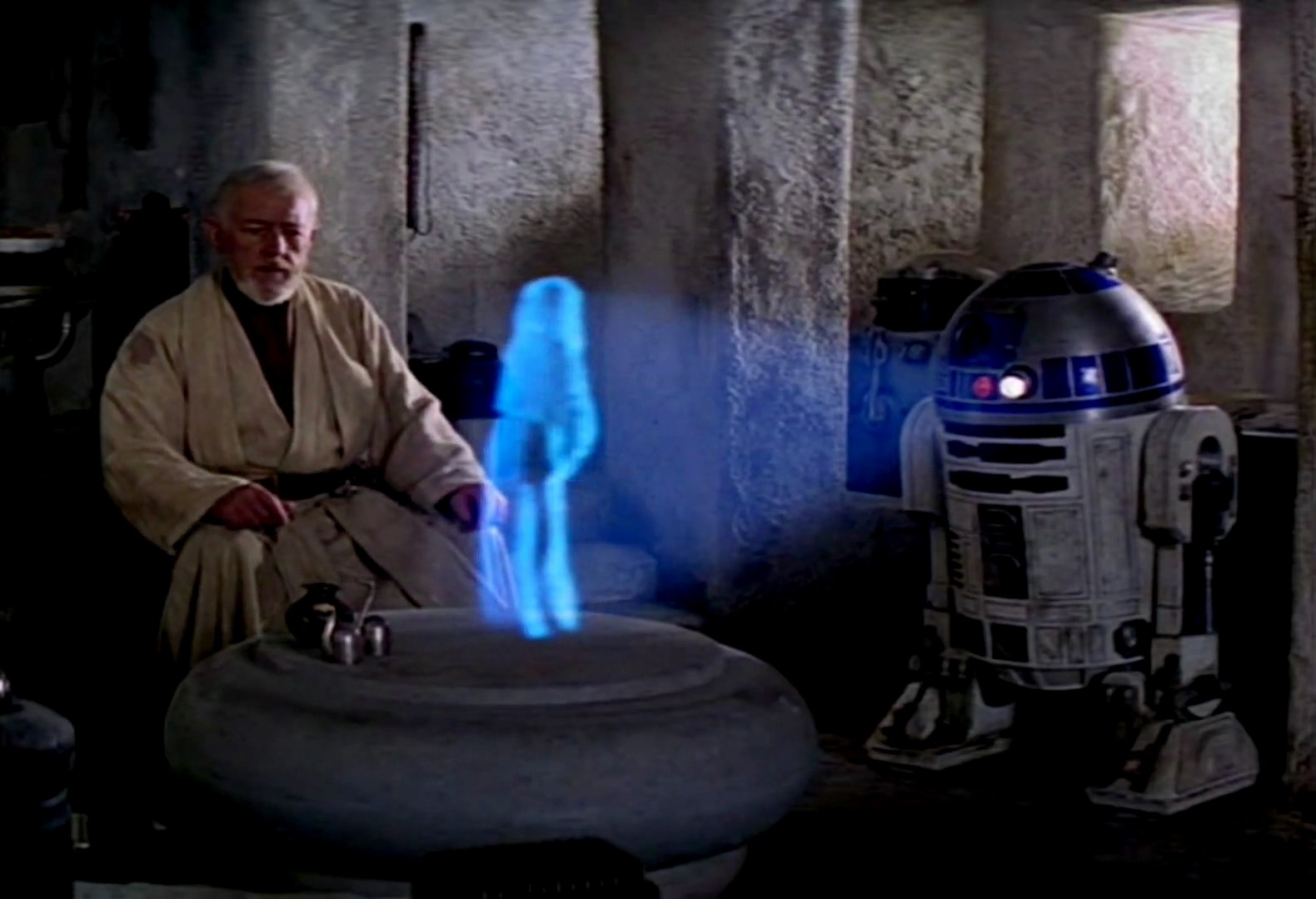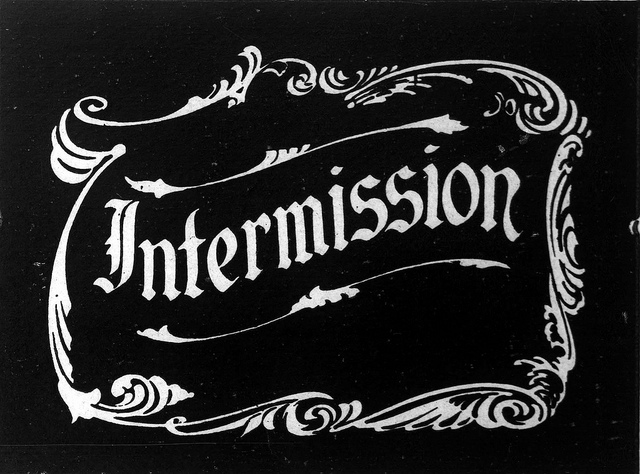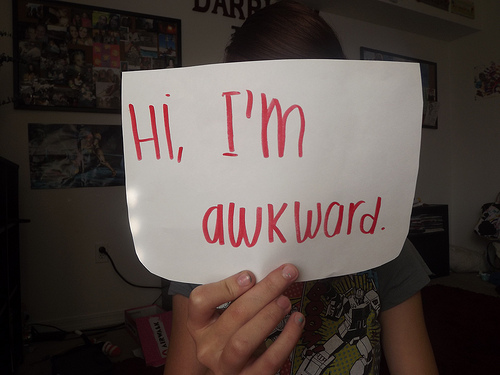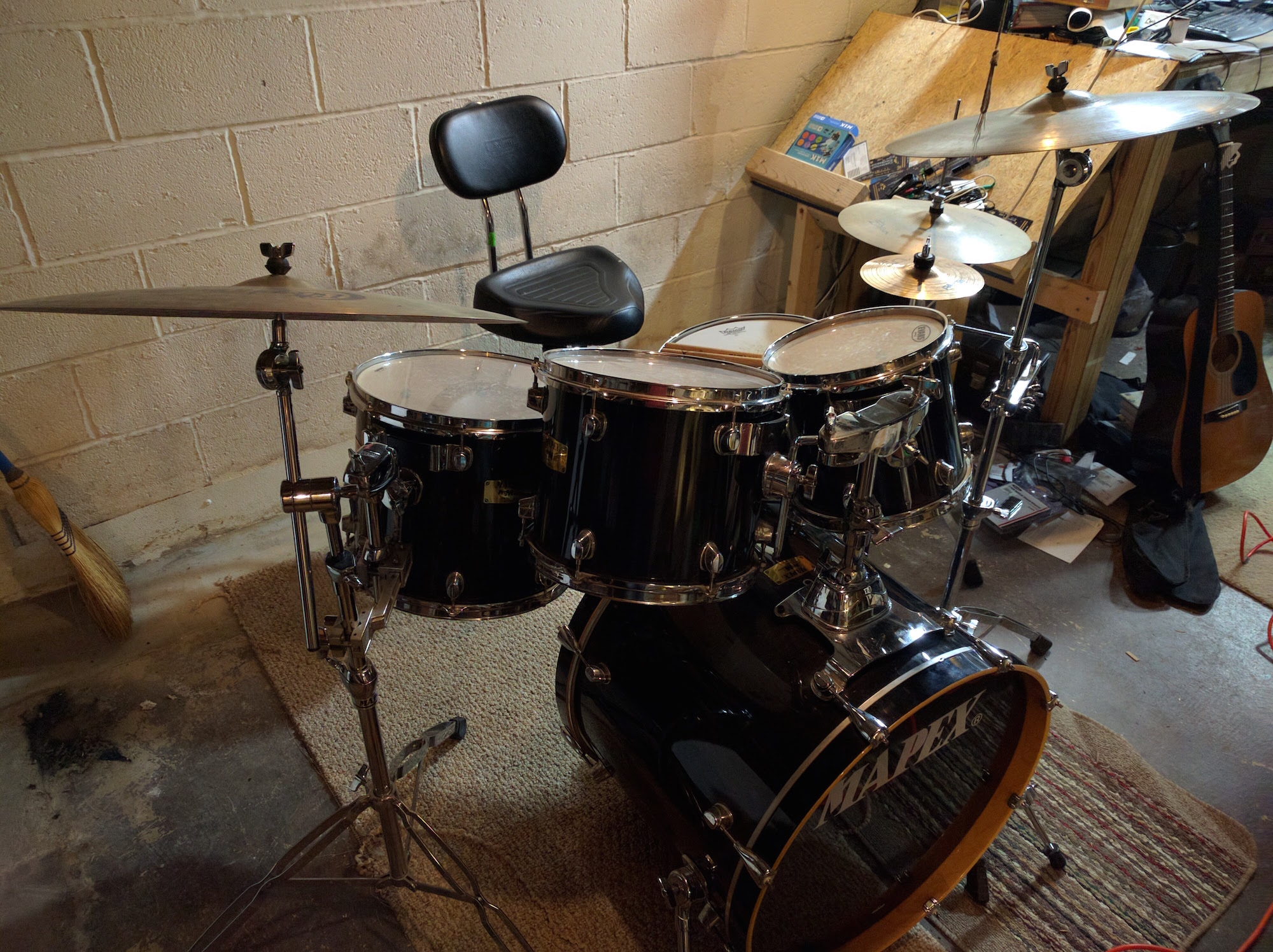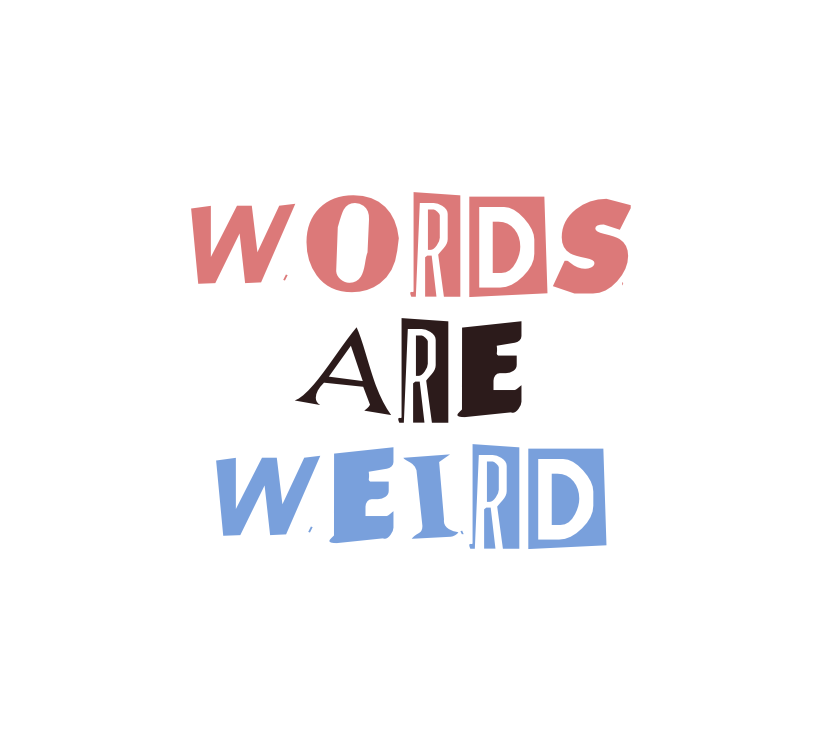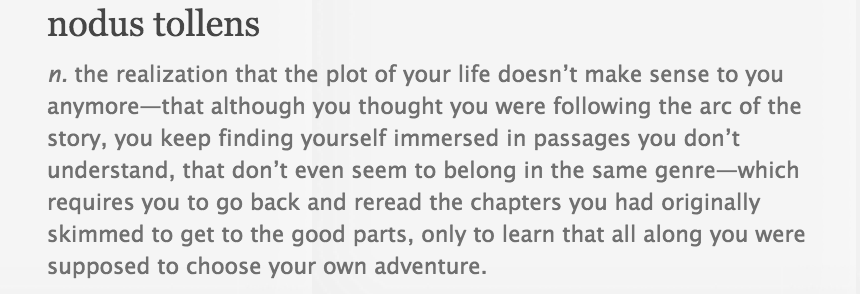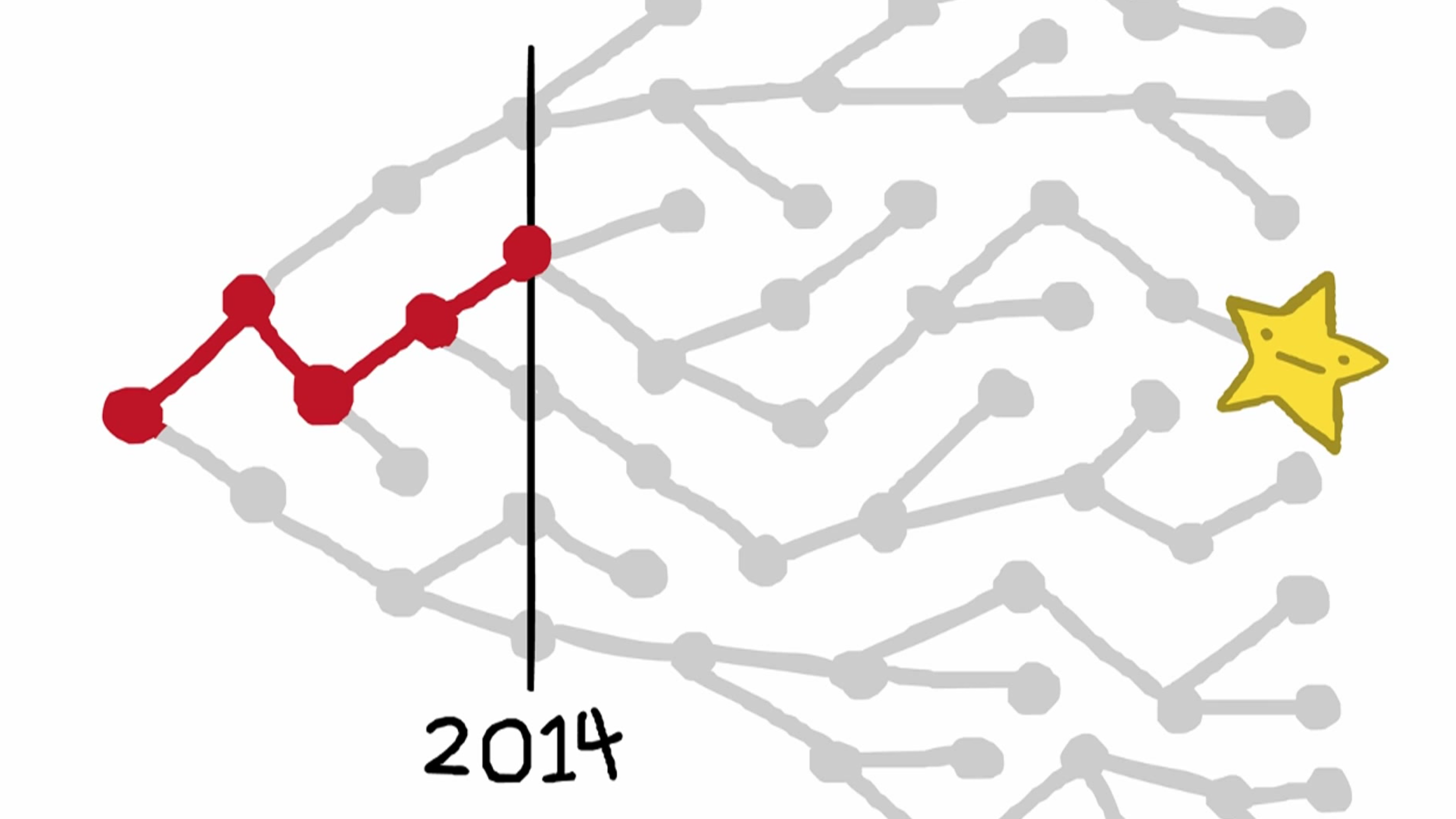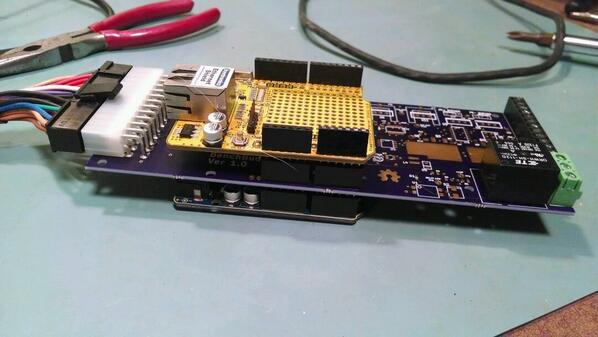For the audio fans out there: I discussed this topic on episode #358 of The Amp Hour
The past couple of years have been a mix of life events for me: I started my course full time, immediately jumped back into the work force (part time), traveled a bunch, started new projects, sold my old stuff, moved to Chicago, I met my podcast co-host in person and started my life over. It’s been a wild ride. Though there have been ups and downs, I’m super grateful for the opportunities I’ve had and the people I’ve been able to work with.
And since I only seem to post on this blog when I have big news these days, I’ll cut right to the chase: I’m starting a new role as a “developer advocate” at Hologram in mid-September.
Hologram is a start-up based here in Chicago, focused on making cellular data more accessible for internet-connected hardware projects. This takes the form of a SIM card that can be used with a wide range of cellular hardware. The business model is based around enabling projects to connect via cell towers and then charging for data and services. This is currently possible with other carriers, but not in a flexible way and definitely not in a friendly way for developers; this quickly becomes apparent for devs with a large number of devices and not much data needed per-device. The other neat thing is the ubiquitous nature of the SIM card. As an MVNO, Hologram works across a wide range of cell tower operators and in-between mobile carriers, meaning that devices using these SIM cards will work in a large range of the world.
My job will be talking to people building hardware or software and describing the benefits of using Hologram over something else. So…uh…how’d I do?
The past 3.5 years working at Supplyframe have been great. I have really enjoyed writing for the Supplyframe Hardware blog (something I helped create) and running the monthly hardware meetup called Hardware Developers Didactic Galactic (HDDG). One thing I’ve realized about myself is that I really do enjoy communicating information about electronics, even if I’m not the one with the expertise; this should have been apparent from my continued interest in running The Amp Hour (where Dave and I regularly interview people in the industry) and Contextual Electronics (where we have started a forum to get more community involvement and outside opinions).
Working as the “expert” has been increasingly rare as I moved away from daily electronics design. While I think I have become a better interviewer for the podcast, I think my ability to talk about everyday engineering challenges has faded. There is no replacing everyday anecdotes derived from the stress of creating electronic products. I’m looking forward to creating more hardware projects as part of Hologram, even if they are only example projects to help illustrate a point.
This will be the first time I’ll have co-workers and an office to go into in a long time (since 2014). I’m a bit more nervous about this, simply because it feels like I’ll be stepping backwards in terms of “freedom”. But one thing I’ve learned about remote work in the past few years has been the challenges of communication. Even with the near-infinite modes of communication available to us, nothing replaces face-to-face interaction. I would find myself looking forward to trips out to the corporate headquarters at Supplyframe because of the high-bandwith transfer of information that is possible when you’re sitting around a conference room table. So joining a local company is a cautious step back towards what I think is important in my working life.
That brings up thoughts about other things that are important to me. In fact, many of these things were present at my former job and I want them to be present at any future employer, including Hologram:
- Motivated, intelligent co-workers — This is an absolute must for me, but I realized over time that co-workers provide a feedback loop that allows me to create better work.
- Connection with hardware people — Not necessarily just engineers, but I really enjoy connecting people that are excited about hardware. I started a meetup here in Chicago to do just that.
- Hands on hardware design — This is something I was moving towards at Supplyframe and something that I get to do as part of my course. But I’m excited at the prospect of making hardware solutions for people looking to connect to the internet and solve problems.
- Work that has impact — At Supplyframe I was communicating with engineers that were solving real world problems. At Hologram, I’m hoping to also work with people that are solving problems using cellular connectivity.
- Learning opportunities — I am particularly excited about learning more about how cellular networks work “behind the scenes” and best practices for getting devices hooked up to the internet. This in addition to learning more about how to market to a new group of potential customers.
That last point is important and was tied into my decision to move jobs to this new opportunity. I have been trend-watching on The Amp Hour and as an EE over the past few years. There will always be subject matter experts with deep knowledge around a very focused topic (think “analog design”), but this has inherent risks. Companies that require this depth of knowledge continue to disrespect it; they outsource work to job shops or take advantage of the fact that there are fewer options for these kinds of employees. I think for opportunities as an employee or an entrepreneur, it’s necessary to have a hand in all parts of the process. As a result, I want to focus on more and more of the product design cycle, including sourcing/logistics, firmware and software. I recently wrote about the concept of a “solo engineer“; and while I am interested in working in-person with coworkers on a daily basis again, I truly believe the engineer of the future is capable of achieving a full product design using online services and persistence in their product vision. From an electronics standpoint, chip companies continue to consolidate and offer bespoke chip solutions for very targeted application. I think the solo engineer of the future will be tasked with finding and connecting a potential solution as fast as possible. Optimization is less important than proving out the design. This fast design cycle pace is unlikely to slow anytime soon. Not only is this a skill I’d like to work on (fast iteration), I think there are pieces missing in my ability to get a device operational as fast as possible (the software/platform piece). I’m excited to learn alongside all of you.
Again, I want to reinforce just how grateful I am for everyone I’ve met and interacted with over the past few years. It has been a really wonderful journey and I can’t imagine having done it without all the advice and friendship I’ve gained along the way. I hope to return that favor to others in the coming years; if you have a project you want help getting online, let me know!
